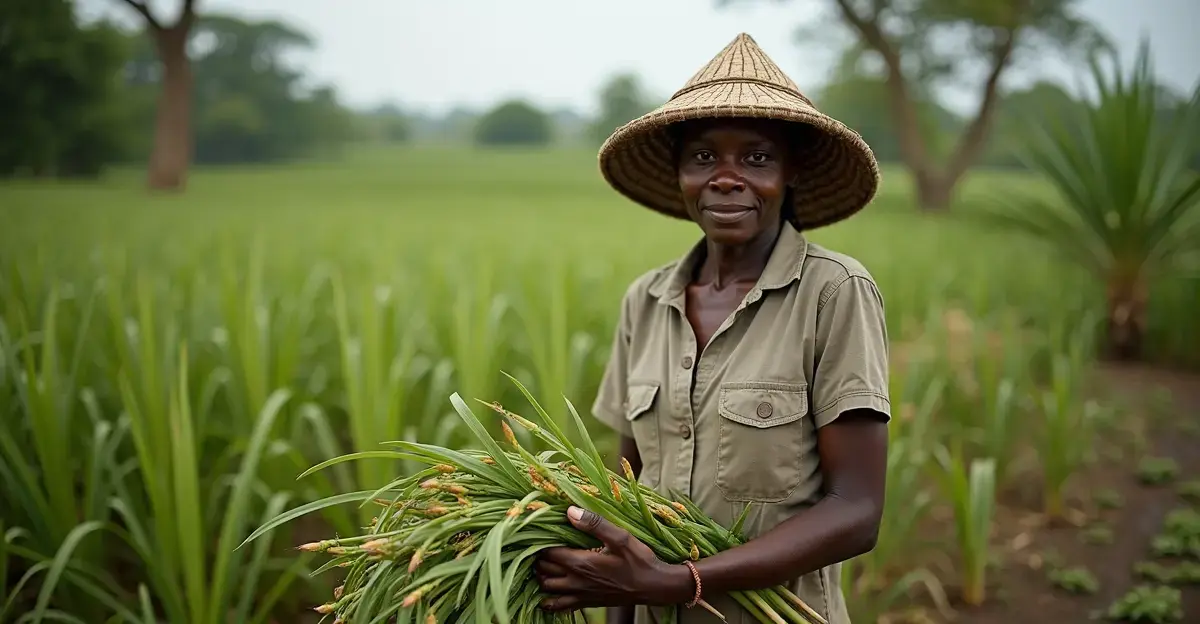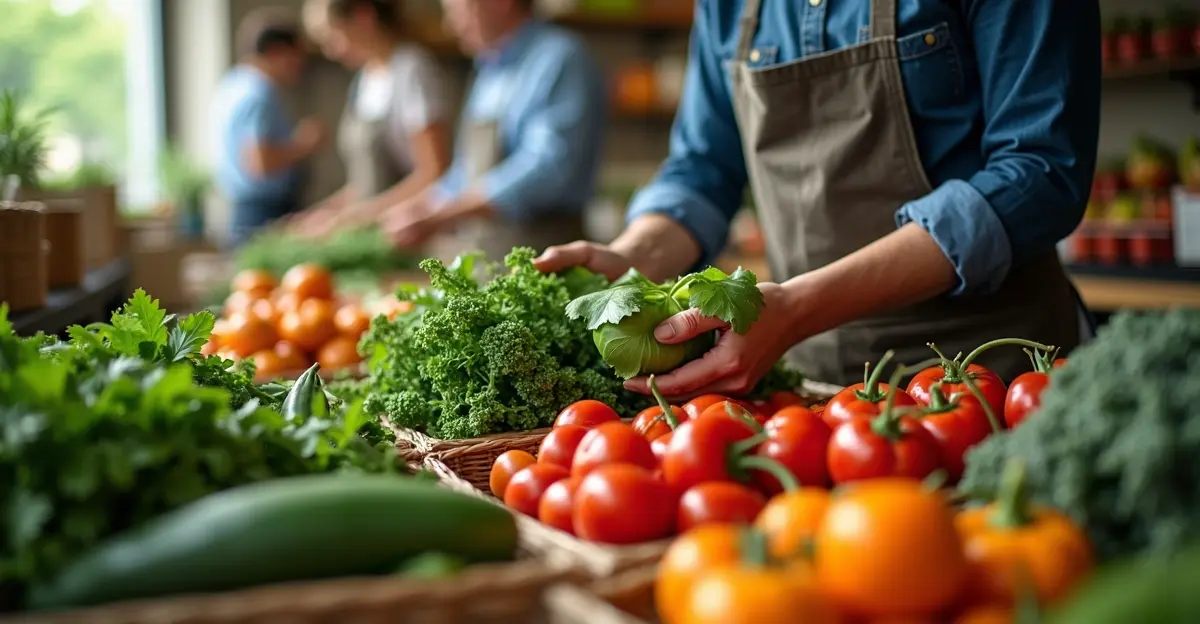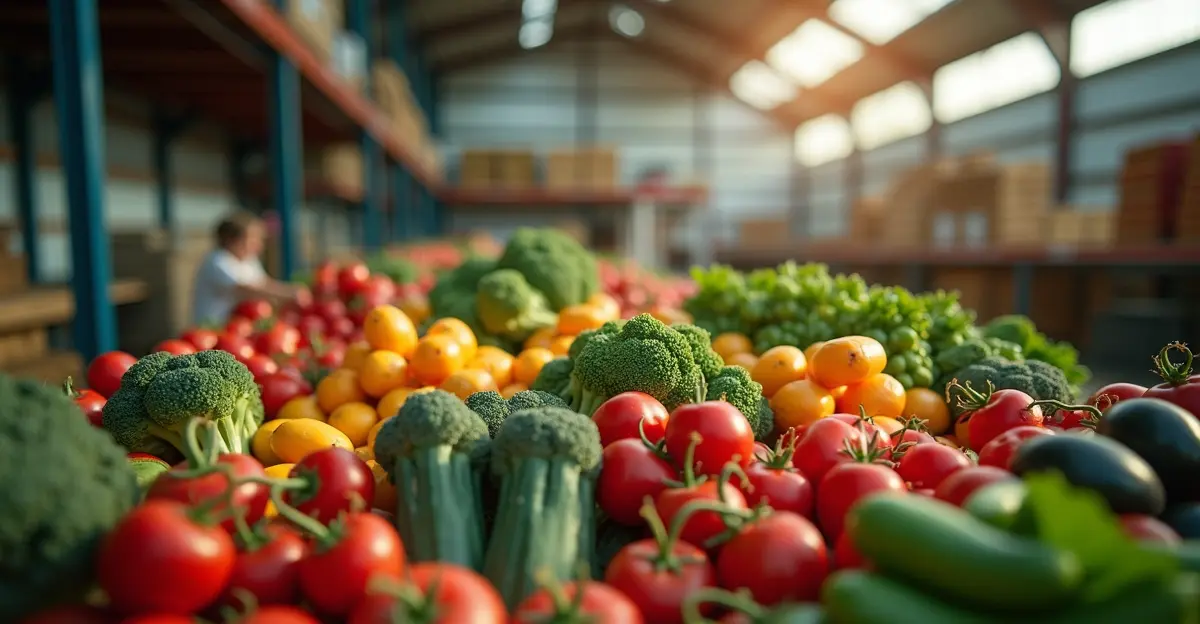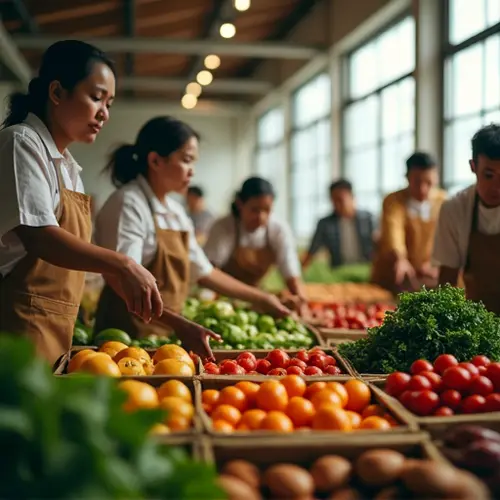Food Security Challenges in Island Nations
Island nations face unique challenges in ensuring food security due to their reliance on imports and vulnerability to climate change. A recent policy brief by the United Nations Sustainable Development Group highlights the pressing need for innovative solutions to reduce dependency on imported food and enhance local agricultural practices.
Import Dependency
Many island nations import over 80% of their food, making them highly susceptible to global market fluctuations and supply chain disruptions. The COVID-19 pandemic and recent geopolitical tensions have exacerbated these vulnerabilities, underscoring the urgency for self-sufficiency.
Local Agricultural Innovations
To combat these challenges, island nations are turning to innovative agricultural practices. Vertical farming, hydroponics, and salt-resistant crop varieties are being adopted to maximize limited arable land. For example, the Maldives has successfully implemented hydroponic systems to grow vegetables in urban areas, reducing reliance on imports.
Policy and International Support
The International Food Security Treaty (IFST) proposes enforceable laws to protect the right to food. Meanwhile, the UN's Multidimensional Vulnerability Index aims to measure and address food security challenges in Small Island Developing States (SIDS).
For more information, visit the UNSDG Policy Brief.

 Nederlands
Nederlands
 English
English
 Deutsch
Deutsch
 Français
Français
 Español
Español
 Português
Português










